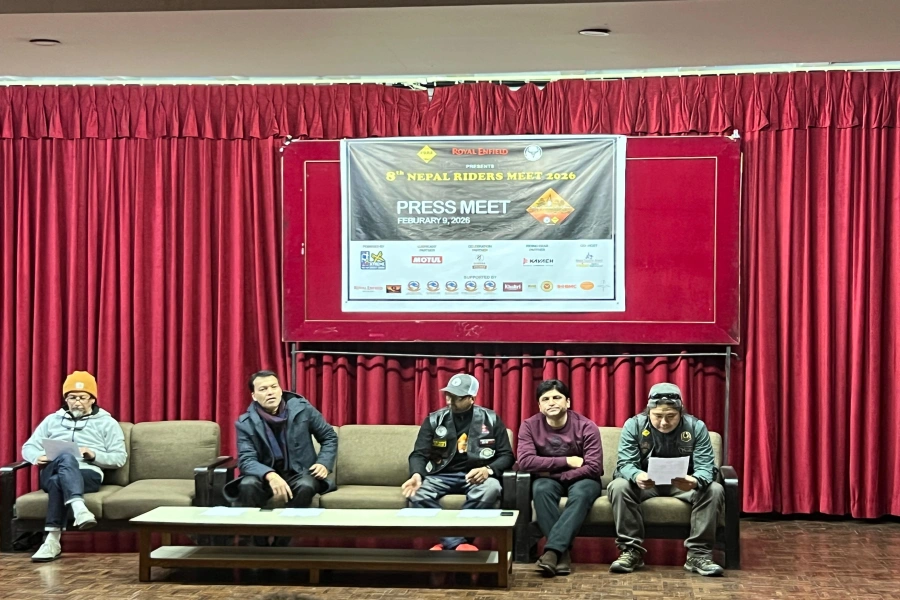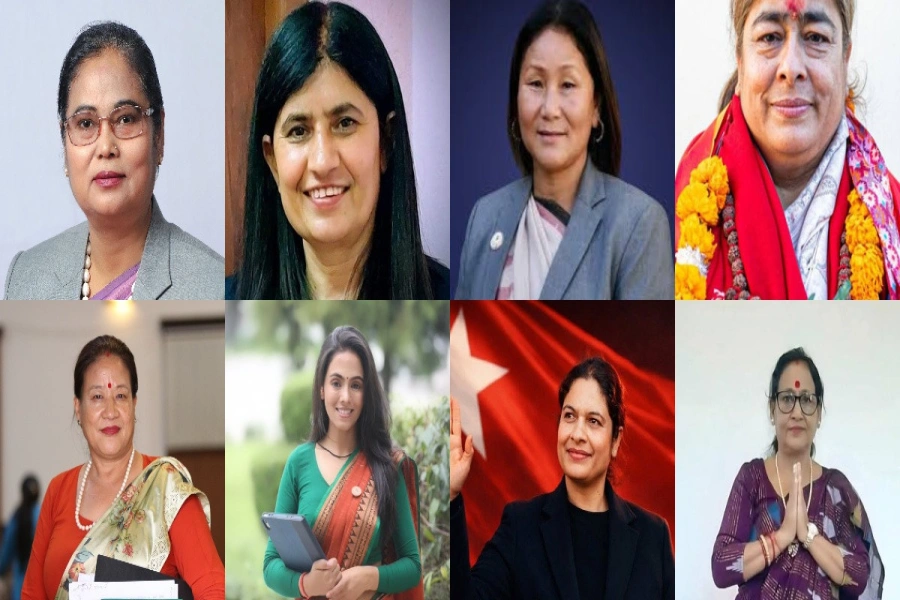As a mother, reminiscing and reflecting on my daughter’s life gives me both pride and joy. Her childhood, the transition to teenage, and every single memory where I have been with her. But of late, things have changed. I feel the distance and my bonding with her is being replaced by conflicting views. Things we agreed before, we disagree today. I often console myself that these differences shouldn’t be taken with a pinch of salt, as it is a given. “Teenage angst” that’s what it is called. But then, I can’t help but wonder, what can I do in this situation, as this metamorphosis of thoughts and ideas, and the differences, if not handled well can loosen the bond that we share. The question here is, do I let her go, or do I let her grow?
People commend and celebrate motherhood, but are often silent about its struggle since it can distort the established and widely accepted image of a mother. Even when I listen to my friends and colleagues, they discuss more of the enriching experience of motherhood, and when it comes to the struggles and pain, there’s one blanket answer for all. Children grow up, their preferences change, peers dictate their lives, and mothers become omnipotent. I feel stifled and confused. So, if children transition and so do their choices, what about us mothers? How come we feel the need to be a part of every step undertaken by our children, and why is there no discourse about how we feel? There’s a feeling of abandonment when children start detaching themselves from us, and when we are no longer part of their conversation. Sadly, these answers remain unanswered, and as we celebrate the glory of motherhood, our pain remains unacknowledged.
One day, when we were at loggerheads, she looked at me and said, “this is what you taught me!” I was stunned. As a mother, I raised her to be independent, question established norms, take rational decisions and always be upfront. Maybe, the debates that we have about her choices are because of my teachings. At times, she does criticize me and my choices, she is unapologetically opinionated, and I can’t help but wonder if she is what I taught her to be. In the middle of the argument, I feel like she is mentally screaming at me and saying, “you taught me and you called for it.” Yes, I did raise her to become an individual and have taken pride to see her build her own agency and voice. But now when she has started questioning my decisions, I am shaken, taken aback. Was I prepared for this? The truth is I wasn’t prepared for any of this.
If only someone had told me that your children would be empowered by the values that you give them, and there would be times when they would question these values. But then, we hardly discuss the difficulties, the challenges, or the gaps.
Experts call for more initiatives to achieve SDGs on safe mothe...

I want my daughter to be an individual, and not be guided, but then, in this carousel of teenage transition, do I take a backseat? I know many who tell me to take it slow and comply with her demands, as teenage is a sensitive phase. Critically evaluating this situation of chaos and confusion, I feel that alienating myself from her life would only fume more misunderstanding, which will, in turn, create adversities drifting us apart. Also, there’s a fear of losing respect for each other. So, how do we address this situation?
There’s also the pressure of being a ‘good’ mother. But then, I feel that for things to work between you and your child, it is time we look at ourselves as “learning mothers”. After endless discussions with myself, I realize that alterations are required, and are a part of the parcel. What I have realized and witnessed is how we tend to antagonize our children when they breach your perception of a healthy relation. This is what we tend to do wrong. Antagonizing your child is not the solution, but then expectation management is.
My expectations from my daughter shouldn’t be for her to follow my jurisdiction without question, which I never wanted her to as well, but it should be about her respecting me, engaging in dialogues, and keeping me abreast to conversations in her life which do matter. But for me as a mother, I have to make sure that I am keeping those lines open, and I am eager to listen, empathize, and also learn. Learning that if my understanding of motherhood can be shaken by emotions that my daughter faces, then imagine how hard it must be for her to go through those physical and emotional changes and turbulence.
At times, I also feel that I have become overprotective of her. Maybe, it is time for me to realize that my daughter, who I have had shared so many adventures with has grown up, and is of the age when she will figure out her own battles, and embark on her own adventures. But then, for whatever adventures our children decide on, with us or alone, we can’t help but always volunteer to be the anchor. What I have realized of late is that everyone has a purpose in life, but for mothers, our lives are adjourned with our children. But then, there’s no harm to take a back seat, encourage them to seek their own path, and most importantly, accept that relationships and bond between a mother and a child will change and that it is inevitable. However, if we cherish the earliest memories of our children, trust me, we shall enjoy seeing them grow, and chart their own future.
As for us mothers, we should learn to let them go to grow and at the same time, we shall be their anchors, always.
Sherpa is a development practitioner and a women’s rights activist
mona.sherpa2014@gmail.com






































